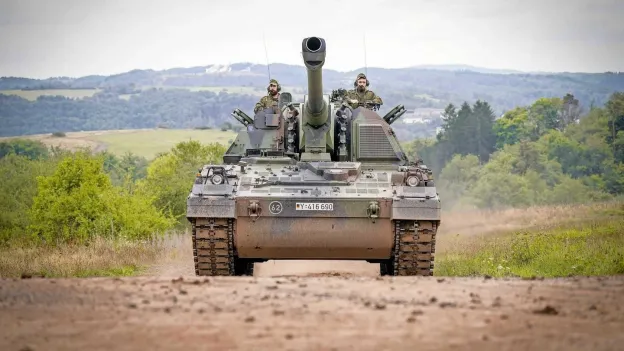
European Ministers Clash in Antalya Over NATO Spending Norm Amid Threat of Confrontation with Trump

antalya - European NATO ministers debate a new defense spending norm in Antalya, with disagreements on increasing spending to 5% of GDP by 2032. The deadline for the agreement is set at the upcoming summit in The Hague.
European Ministers Clash in Antalya Over NATO Spending Norm
European NATO ministers are engaged in heated discussions in Antalya over a proposed new defense spending norm, aiming to increase expenditures to 5% of GDP by 2032. The current NATO norm stands at 2% of GDP, a target that many member states are struggling to meet.
Debates and Disagreements
The discussions center around NATO Secretary-General Rutte's proposal for a new norm, allocating 3.5% for military spending and 1.5% for non-military security-related expenses. However, some member states, particularly those most concerned about Russian aggression, advocate for a 4% defense spending norm.
On the other end of the spectrum are countries like Belgium, facing budget deficits, resisting the proposed increase in defense spending. Minister Maxime Prévot expressed Belgium's financial constraints, aligning with other countries against the 'The Hague Investment Plan'.
Challenges and Compromises
Italy and Spain, among others, are considering forming a coalition against the proposed norm, seeking more time and flexibility in meeting defense spending targets. While some countries support Rutte's plan, others are hesitant to commit to specific percentages and timelines.
Path to Agreement
The upcoming NATO summit in The Hague will be crucial in reaching a consensus on the new spending norm. Top military officials have outlined the necessary capabilities to deter threats from Russia and China, emphasizing the need for increased defense investments.
As the discussions continue, the pressure to secure an agreement grows, with the looming possibility of a clash with President Trump if unanimity is not achieved. The future of European security and defense cooperation hangs in the balance as member states navigate differing priorities and financial constraints.


Leave a comment